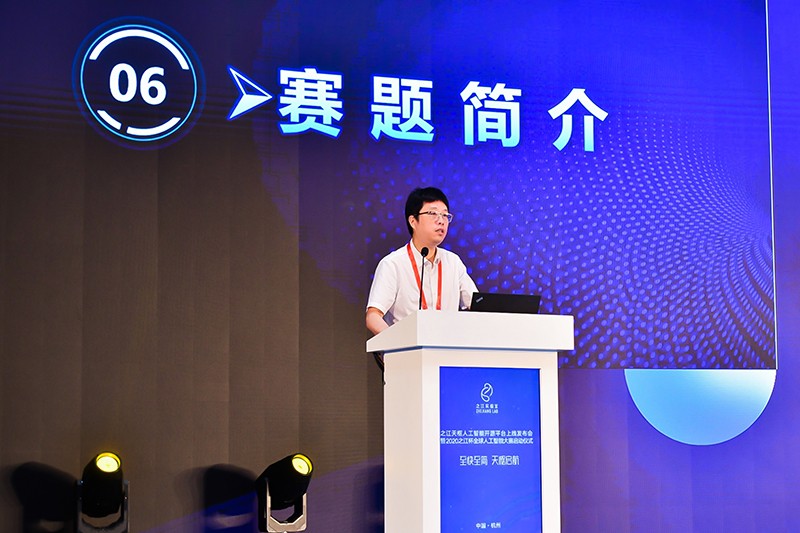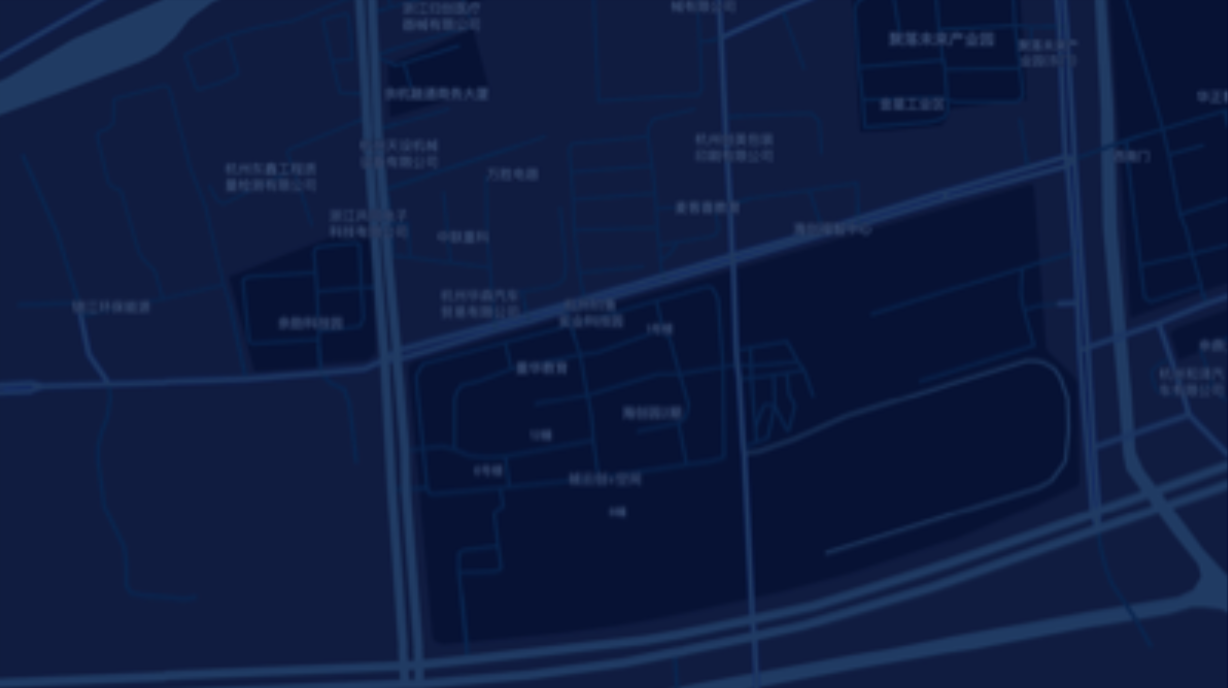Prev Post
China Unveils AI open-source Platform

On August 1, 2020, the 2020 Zhejiang Lab Cup Global AI Competition was officially launched. This year's competition was co-organized by Zhejiang Lab, the China Academy of Information and Communications Technology, and the Hangzhou Municipal Government.

The competition has received widespread attention and praise from AI researchers and professionals, with two successful events held in the past two years. Last year, more than 1,700 teams and 5,000 contestants, mostly from top Chinese and overseas universities, research institutions, and Internet companies in the field of artificial intelligence, signed up for the competition. Such attention and recognition should be largely attributed to the competition's tasks, which are closely focused on cutting-edge research topics and technical pain points in related industries.

"Compared with previous tasks, the challenges this year are more up-to-date," said Zhejiang Lab Vice President Yuan Jixin at the launching ceremony, "Considering the integration of technological research and industrial application, we designed four tasks for this year's competition, which include Zero-Shot Object Segmentation, Speech Forgery Detection, Video Generation, and Unmanned Vehicle Safety Driving Simulation. These are technological challenges that need breakthroughs in basic AI algorithms and have great potential in industrial innovation.

Chen Gang, Dean of the College of Computer Science and Technology at Zhejiang University, explained the four tasks. "The task of Zero-Shot Object Segmentation requires the contestants to train their object detection models by known categories, so that they can be used to detect and segment samples of unknown categories in different images," said Chen. The technology required by this task is the opposite of current mainstream AI technologies that are driven by big data. It represents a tech innovation from "dentifying the known" to "detecting the unknown".
"The task for the Speech Forgery Detection Challenge is to recognize the simulated and forged audio data files created by AI algorithms, and identify speakers on the real audio files," said Chen. According to him, the difficulty of this task lies in the high requirements on algorithms' judgment of forged audio files and identification of real audio speakers.
When introducing the Video Generation Challenge, Chen said that it is a comprehensive task combining Computer Vision (CV), Natural Language Processing (NLP), and Generative Adversarial Network (GAN). Contestants' algorithms models should be able to use intermittent single-frame images and description texts to generate image frames meeting the requirements and finally automatically merge all image frames into sooth and coherent videos.
In response to the trend of unmanned driving in recent years, the Unmanned Vehicle Safety Driving Simulation Competition is a race to test safe driving algorithms and systems of unmanned vehicles. "Compared with real road tests with high costs, low efficiency, and many restrictions, frequent testing of unmanned vehicle driving algorithms under high test value road conditions in a computer virtual simulation environment has become a common demand for most Chinese and foreign companies to develop autonomous driving systems," said Chen. The task will mainly test the decision-making ability of unmanned vehicles in various complex traffic environments, with test cases including both single test scenarios (obstacle recognition, emergency braking, traffic conflicts, etc.) and complex comprehensive test scenarios.
This year's competition will have multiple prizes with a total prize pool of RMB 2.6 million. Winners will also be provided with incentives such as industrial development and talent support policies. The application requirements, registration entries, and detailed schedule were announced at the launching ceremony. The competition is open to global applicants, including individuals, universities, research institutions, companies, and start-up teams. A team competing in the Algorithm Race can have a maximum number of five members, while there is no restriction on team members for the Technical Challenge Race. For enrolment, applicants need to visit the competition's official website at https://zhejianglab.aliyun.com/gameList/activeList to complete personal information registration and submit relevant materials. The deadline for registration and profile modification is August 31, 2020. The preliminary round will kick off in September, and the final round will take place in Hangzhou in October.
Focusing on basic AI research as well as the integration of finance and AI industries, the 2020 Zhejiang Lab Cup Global AI Competition is waiting for you.











